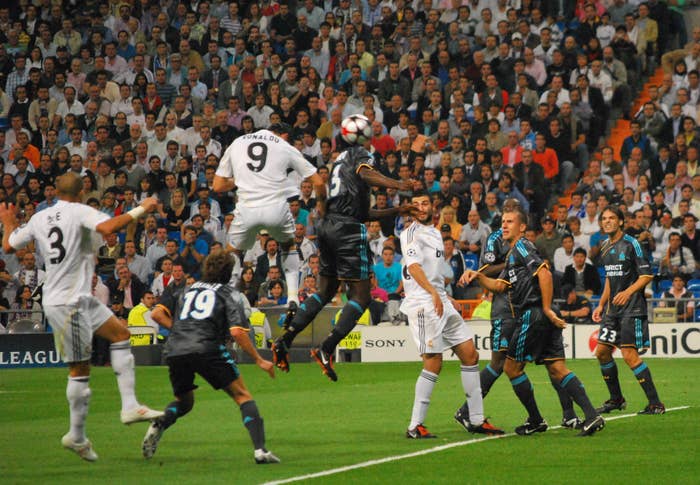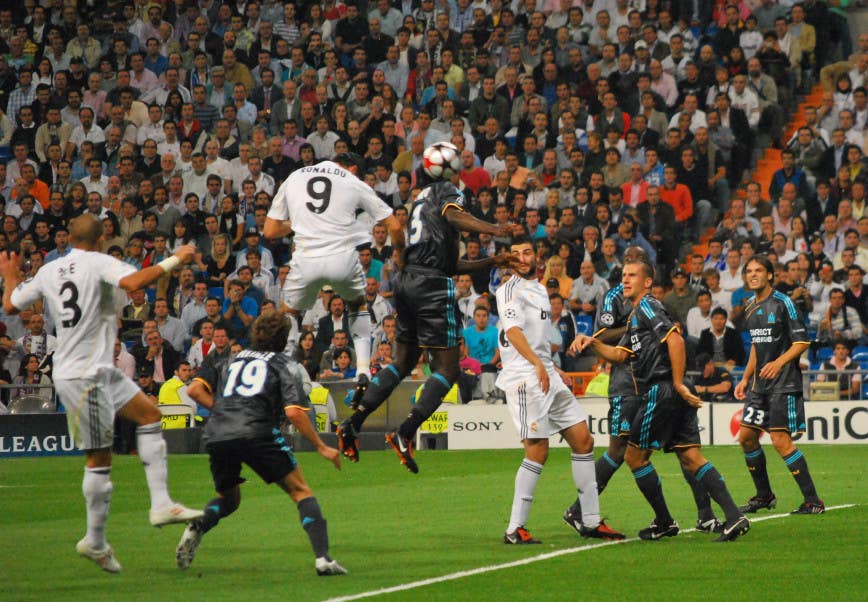
New research has uncovered the significant risks posed by heading a football.
As the race to discover more about the causes and effects of degenerative brain disease in athletes intensifies, scientists from the University of Stirling have suggested that – like boxing and MMA – football can lead to reduced brain function and memory loss.
After ex-England international Jeff Astle was revealed to have suffered from chronic traumatic encephalopathy (CTE) following his death in 2002, this latest study used 19 footballers, at whom they fired footballs from a machine that recreated the pace and force of a corner kick.
Subjects were tested in brain function and memory before and after the session. Following a single session of heading footballs, the players' brain function was reduced between 41% and 67%, resulting in "significant memory loss".
The players brain function returned to normal levels within 24 hours.
Cognitive neuroscientist Dr Magdalena Ietswaart said:
"In light of growing concern about the effects of contact sport on brain health, we wanted to see if our brain reacts instantly to heading a football.
Brain trauma is quickly becoming a growing area of intense research within sports science, following several high profile incidences of athletes from the worlds of NFL, boxing and professional wrestling being found with symptoms of CTE in their brain after they died.
Just last week, the late Jordan Parsons was revealed to have been the first MMA fighter diagnosed with CTE.
[via BBC News]

